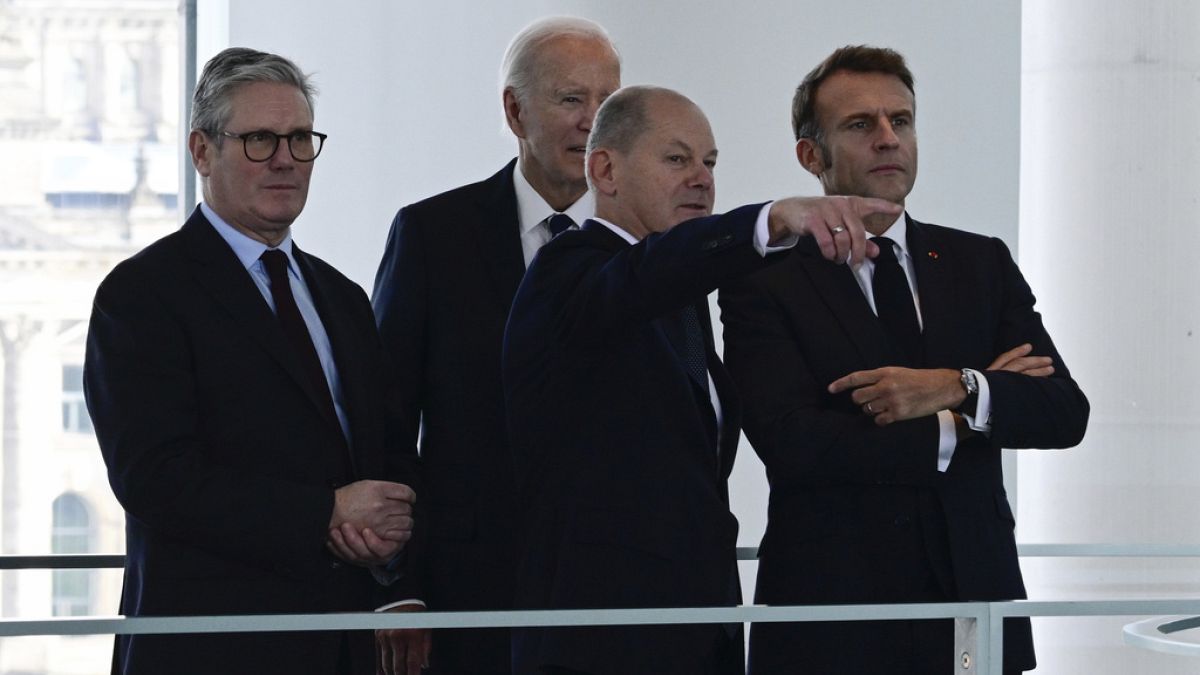The political crises in Germany and France, coupled with economic challenges, may weaken the Franco-German leadership and impact the EU’s ability to present a united front in important negotiations. The collapse of the “Traffic Light” coalition government in Germany and the dissolution of the National Assembly in France have left their respective leaders, Olaf Scholz and Emmanuel Macron, in weakened positions. The early elections in France have limited Macron’s room for manoeuvre in European discussions on common debt, while Scholz’s crisis in government will hinder his influence in any discussions.
The absence of the German Chancellor, Olaf Scholz, from a meeting of European leaders to discuss EU defence policy could have implications for EU unity and the ability to present a united front in key issues. The weakening of Franco-German leadership may create opportunities for countries like the UK, Baltic states, and central and eastern European nations to benefit from a situation of divide and conquer. Donald Trump’s interest in conducting transatlantic relations on a bilateral level could further exacerbate the potential for division within the EU.
The threat of a recession looming over Germany for the second year in a row adds to the challenges faced by the Franco-German alliance in playing a leading role within the EU. The possibility of early elections in Germany could further complicate the situation, as the EU’s largest economy will be preoccupied with election campaigning at a time when threats of tariffs from Trump loom large. The weakening of Franco-German leadership and the potential for division within the EU could have far-reaching implications for the future of the EU’s cohesion and ability to present a united front on key issues.
In conclusion, the political crises in Germany and France, as well as the economic challenges they face, may have significant repercussions for the Franco-German alliance and the EU as a whole. The weakened positions of Olaf Scholz and Emmanuel Macron, coupled with the threat of a recession in Germany, create a challenging environment for EU leadership and unity. The potential for division and manipulation by external actors such as Donald Trump could further complicate the situation and impact the EU’s ability to negotiate effectively on key issues. Time will tell how these challenges will be navigated and what the future holds for Franco-German leadership within the EU.










